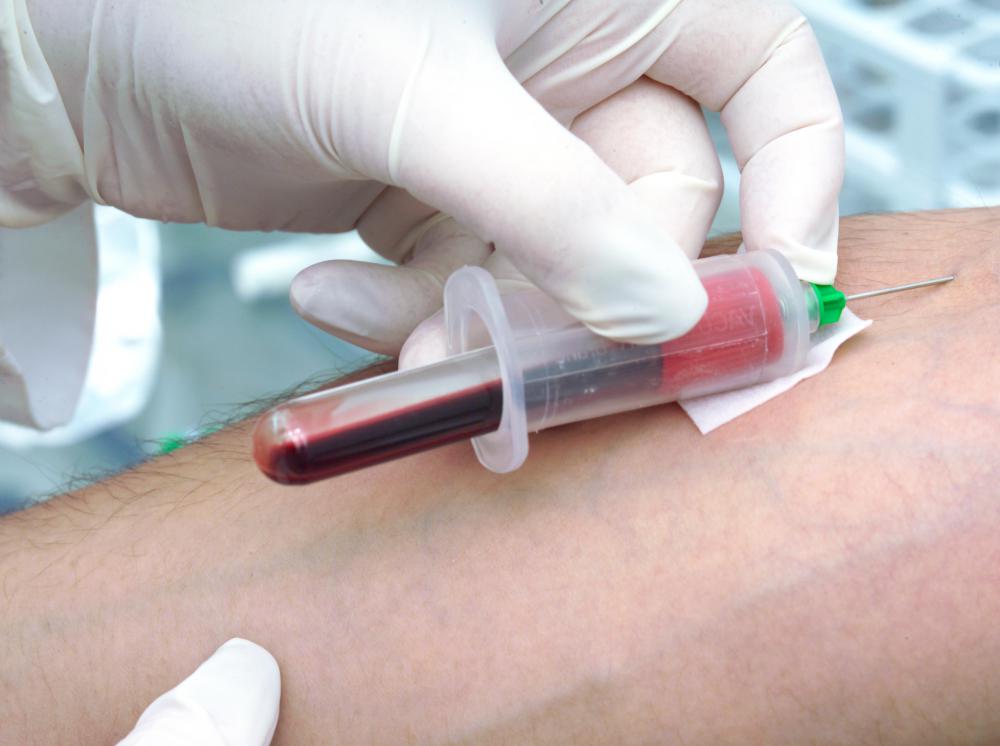At WiseGEEK, we're committed to delivering accurate, trustworthy information. Our expert-authored content is rigorously fact-checked and sourced from credible authorities. Discover how we uphold the highest standards in providing you with reliable knowledge.
What Are the Different Types of Biomedical Trainee Jobs?
Biomedical scientist, geneticist, and biomedical engineer are biomedical trainee jobs. Trainee positions are entry-level jobs where employees receive guided instruction from more experienced personnel before being allowed to work unsupervised. Individuals working as biomedical scientists research human diseases and other ailments with the goal of developing a cure or treatment. Geneticists perform similar work in order to determine how genes interact and influence human conditions. Biomedical engineers create devices and tools that heal, monitor, or replace certain part of the human body.
Biomedical trainee jobs in the field of biomedical science require an applicant with a PhD or comparable certification in the biological science. Biomedical positions in this field involving the administration of drugs or medical procedures like drawing blood may also require the individual to be a licensed physician. The typical biomedical scientist trainee develops treatments, studies the effects of certain medications on test subjects, and tries to identify preventative healthcare measures that can preclude the development of certain diseases. Much of the knowledge gained is based on previous discoveries made by other biomedical scientists, consequently biomedical trainee jobs in this field require an individual to be mentored by more seasoned members of the project or research subject.

The work of a geneticist trainee differs from that of a biomedical scientist trainee due to the subject matter of genetics. Rather than study diseases or chronicle the impact of a particular medication, geneticists focus solely on understanding the biological processes of living organisms. Biomedical trainee jobs in this field attempt to solve health problems by identifying which parts of the living organism the infirmary is infected. A geneticist trainee typically works in the research department of a university or pharmaceutical corporation. A trainee employed by a university must learn how to write research proposals and solicit grants while a trainee working in a corporate structure is taught how to manage a budget and adhere to the rules and regulations of the region where the research is being conducted.

An individual seeking work as a biomedical engineer must have knowledge of engineering, mechanics, and biology. The typical biomedical engineer trainee observes how the research of biomedical scientists and geneticists are used to develop prosthetic limbs, artificial organs, surgical tools, and health monitoring devices. Attaining a biomedical internship or trainee job placement in this field is important for career advancement as most pharmaceutical companies and engineering firms in this field prefer hiring candidates with experience. This is due to the sensitive nature of the work and the expense involved with developing prototypes and securing patents. Biomedical trainee jobs in engineering also allow an individual to benefit from the experience of other engineers; for example, an experienced biomedical engineer can give a trainee insight into the biomechanics associated with designing a prosthetic limb.
AS FEATURED ON:
AS FEATURED ON:













Discuss this Article
Post your comments